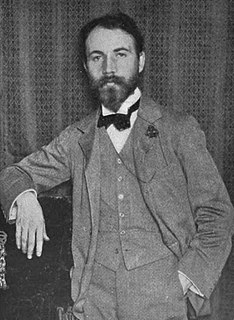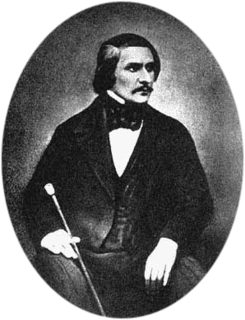A Quote by David Hume
It is an absurdity to believe that the Deity has human passions, and one of the lowest of human passions, a restless appetite for applause
Related Quotes
Why should we desire the destruction of human passions? Take passions from human beings and what is left? The great object should be not to destroy passions, but to make them obedient to the intellect. To indulge passion to the utmost is one form of intemperance - to destroy passion is another. The reasonable gratification of passion under the domination of the intellect is true wisdom and perfect virtue.
By directing our sentiments, passions, and reason toward the common human plight, imagination grants us the advantages of a moralexistence. What we surrender of innocent love of self is exchanged for the safeties and pleasures of belonging to a larger whole. We are born dependent, but only imagination can bind our passions to other human beings.
If you see the fury and hear the howling of the tempest, or read of shipwrecks, think of the storm of human passions causing daily groans and disturbance in the hearts of men, wrecking the spiritual ship of the soul or the ship of human society; and pray fervently to the Lord that He may subdue the tempest of sins, as He once subdued the tempest at sea by His word, and that He may root our passions from our hearts, and re-establish in them unceasing tranquility.
Men are admitted into heaven not because they have curbed and governed their passions or have no passions, but because they have cultivated their understandings. The treasures of heaven are not negations of passion, but realities of intellect, from which all the passions emanate uncurbed in their eternal glory.
As countless as grains of sand by the sea are human passions, and they all differ; all of them, vile or lofty, begin by being under a man's control and then become his terrible masters. Blessed is he who has chosen the most lofty of passions: his immeasurable bliss grows and multiplies tenfold with every hour and minute, and he penetrates deeper and deeper into the infinite paradise of his soul.








































